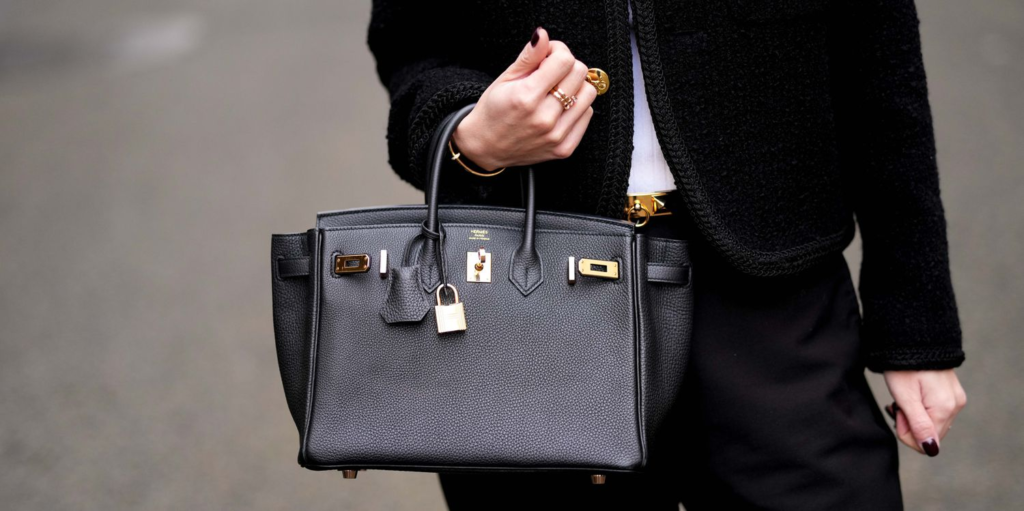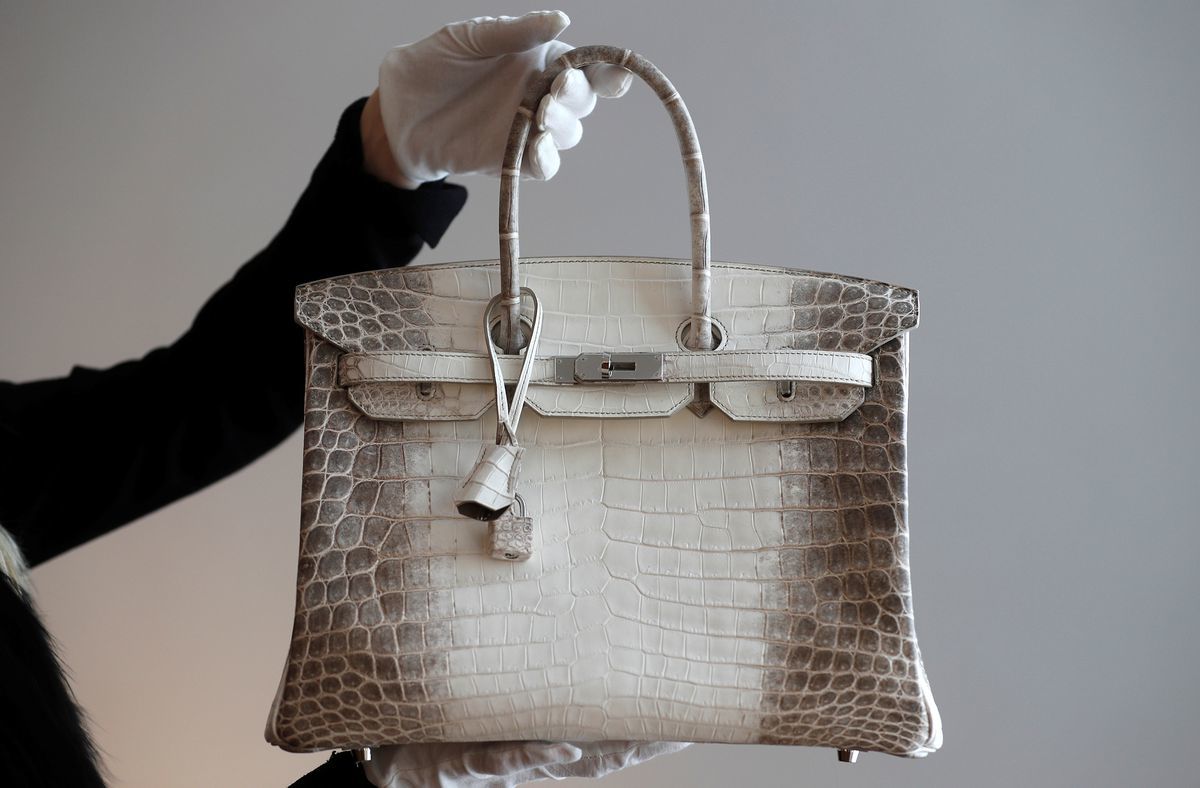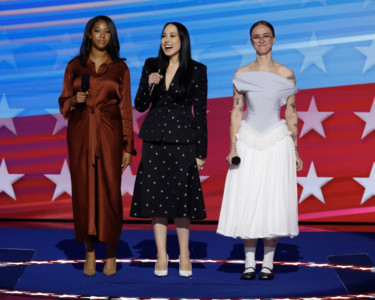The allure of the Hermès Birkin bag, renowned for its exclusivity and prestige, has sparked a legal battle questioning the French luxury brand’s sales tactics. Two prospective buyers have filed a complaint in a Northern California district court, alleging that Hermès manipulates market dynamics to inflate prices and maximize profits, thereby violating US antitrust laws.

Hermès’ elusive selling approach, particularly concerning highly sought-after items like the Birkin and Kelly bags, has long captivated fashion enthusiasts. The brand’s selective distribution channels, where access to coveted products is often contingent on previous purchases, have fueled speculation and intrigue within the industry. Social media platforms like TikTok and Reddit have further popularized discussions on navigating the “Hermès game,” with users sharing strategies to secure elusive items through tailored interactions with sales associates.
The plaintiffs accuse Hermès of employing an “illegal tying arrangement,” wherein the purchase of ancillary products is a prerequisite for obtaining a Birkin bag. They argue that Hermès leverages its market dominance and artificially created scarcity to compel customers to buy additional merchandise, thus monopolizing demand and driving up prices. The complaint points to Hermès’ commission structure, alleging that staff are incentivized to promote ancillary items over Birkin bags.
Hermès has yet to publicly respond to the allegations. Legal experts suggest that while preferential treatment for top clients is a common industry practice, the plaintiffs must demonstrate specific requirements imposed universally by Hermès to constitute an antitrust violation. The lawsuit poses a reputational risk for Hermès and could potentially lead to protracted legal proceedings, shedding light on the brand’s secretive sales practices.
The lawsuit against Hermès underscores broader debates surrounding consumer access and transparency in the luxury sector. As high-end brands navigate the delicate balance between exclusivity and inclusivity, they face increased scrutiny over their sales tactics and customer engagement strategies. Regardless of the lawsuit’s outcome, it signals a growing demand for accountability and fairness in luxury retail practices, challenging brands to adapt to evolving consumer expectations in a digitally interconnected world.





